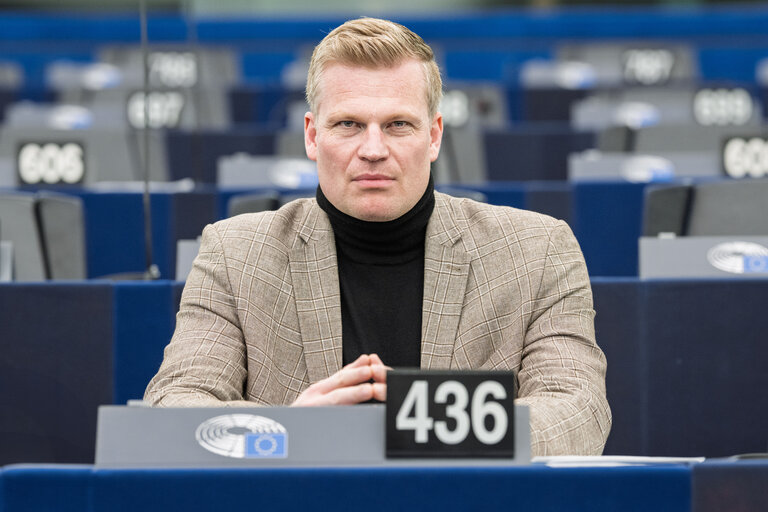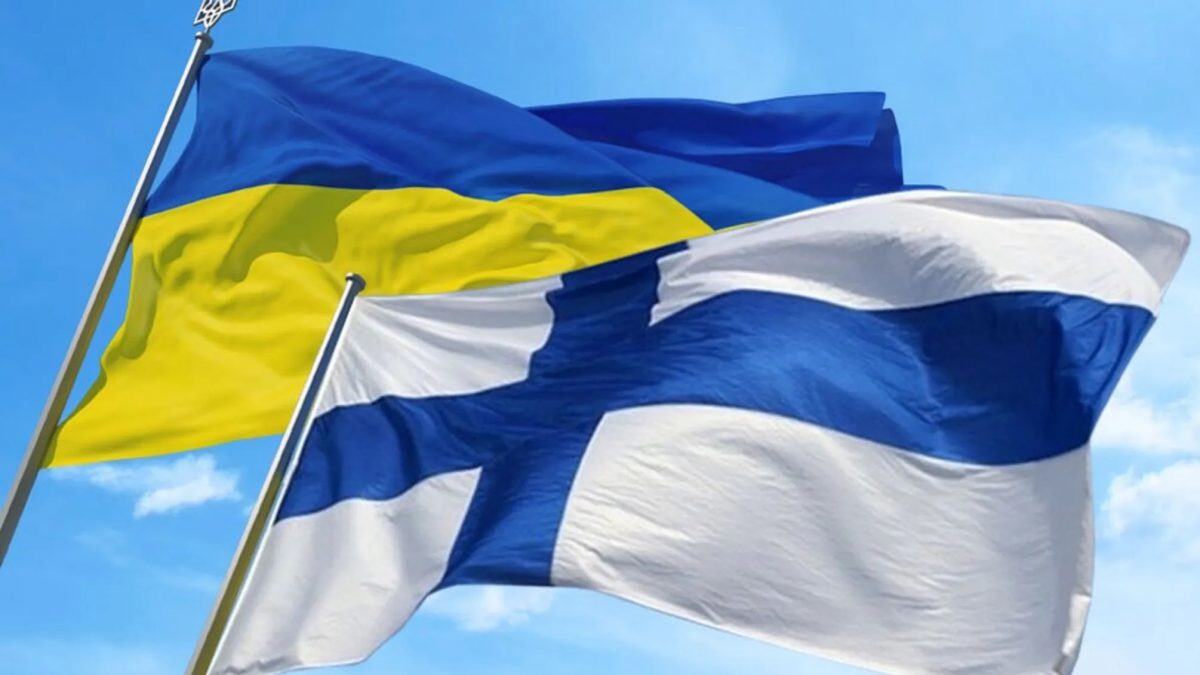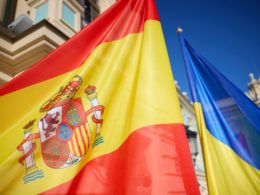Amid the ongoing Russian invasion of Ukraine, the Czech Republic—Ukraine's major ally in the EU—may reduce its military assistance to Kyiv under the new government forming around presumptive Prime Minister Andrej Babiš, according to Politico.
Czechia may shift from arms to aid
In his first international interview, Filip Turek — a former MEP from the far-right Motorists party and likely to become the next foreign minister — said Prague will maintain its NATO commitments and respect for international law. But he emphasized that the government will "prioritize diplomatic efforts to end the war in Ukraine" and "mitigate risks of conflict in Europe, shifting from military aid funded by the national budget to humanitarian support and focusing on Czech security needs."
He presented this as a shift away from direct involvement, stating the goal was to avoid escalation that might threaten Czechia’s energy supply or "economic stability."
Turek did not announce immediate changes in Czechia’s stance on Russia, but pointed to a broader focus on sovereignty and non-intervention. He said this signaled a so-called “cautious, interest-based approach,” echoing the position of Hungarian authorities, who have expressed hope that Prague will become an ally in resisting EU efforts to maintain strong military backing for Ukraine.
Controversy follows Turek’s appointment
Politico noted that Turek’s expected appointment has already sparked domestic controversy. He has faced criticism for allegedly posting racist, sexist, and homophobic messages on Facebook. Turek denies the accusations and is pursuing legal action. Another figure from the Motorists party, Petr Macinka, tapped for the post of environment minister, has also drawn scrutiny. Macinka previously called human-caused climate change “pure propaganda.”



